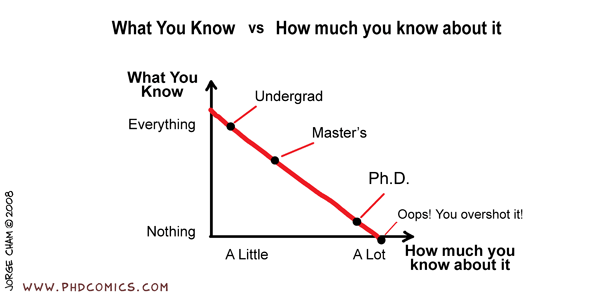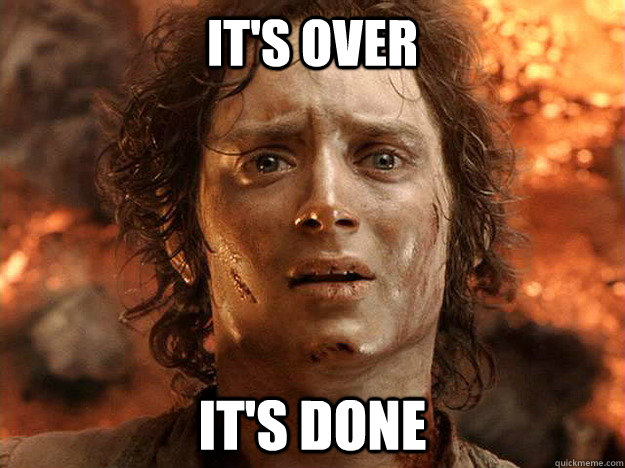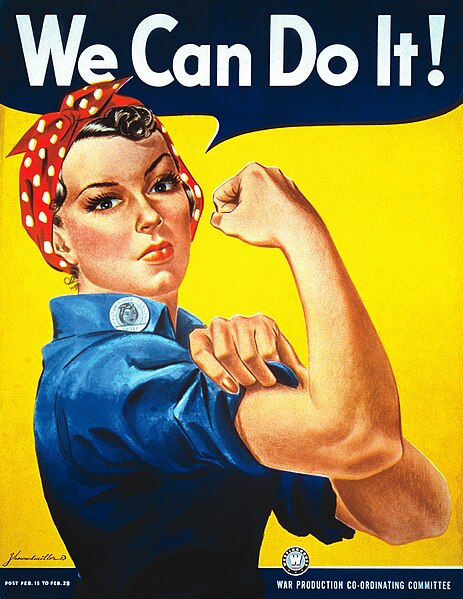Is equality the same thing as consistency?
In my country of residence, the powers that be are deciding if same sex marriage should be legal. At the moment, both homosexual and heterosexual couples can have civil unions, which legally amount to same thing as marriage, but with a different name. Proponents of the new bill are calling it "marriage equality", indicating that changing the law will allow same sex couples equal rights to those of heterosexual couples. Those opposing the bill do so typically on religious grounds. There is broad support for it, however, so it looks like it's going to pass.
It's very important that the law treats people in a fair and consistent manner. If heterosexual couples can get married, then homosexual couples should be able to do the same thing, in the name of consistency! Either that, or get rid of marriage altogether, since civil unions provide the same legal benefits (and pitfalls). This would, of course, be widely unpopular, but illustrates how gay couples probably feel about not being allowed to get married like their heterosexual friends.
Let's go beyond marriage equality. This sort of thing pops up all the time. Most democratic countries purport to have equal rights for all of their citizens. This is certainly not true in many cases. For example, children cannot vote, people don't all pay the same amount of taxes, two criminals who commit identical crimes often don't get the same sentences if they are from very different backgrounds, etc. There are very good reasons for some of these things, but others seem glaringly unfair, and two people will not necessarily agree on which it is!
Sometimes, you have to treat people unequally to level the playing field. Income tax rates are an excellent example of this. A certain amount of tax revenue is required to maintain various services (roads, the health care system, education, etc.). People in the lowest income bracket typically pay a smaller percentage of their income as tax compared to high earners. "But that's not fair!" Clearly things are not consistent here, but by allowing the lowest earners to pay less tax, the playing field is slightly evened out, making the situation more equal. It's counter-intuitive, but that's how it goes! Same goes for offering more scholarships to people from lower socio-economic backgrounds. The goal is a more equal society, but the path to getting there requires sometimes treating people unequally. It's basically a feedback loop! Also an endless source of arguments.
In my country of residence, the powers that be are deciding if same sex marriage should be legal. At the moment, both homosexual and heterosexual couples can have civil unions, which legally amount to same thing as marriage, but with a different name. Proponents of the new bill are calling it "marriage equality", indicating that changing the law will allow same sex couples equal rights to those of heterosexual couples. Those opposing the bill do so typically on religious grounds. There is broad support for it, however, so it looks like it's going to pass.
It's very important that the law treats people in a fair and consistent manner. If heterosexual couples can get married, then homosexual couples should be able to do the same thing, in the name of consistency! Either that, or get rid of marriage altogether, since civil unions provide the same legal benefits (and pitfalls). This would, of course, be widely unpopular, but illustrates how gay couples probably feel about not being allowed to get married like their heterosexual friends.
Let's go beyond marriage equality. This sort of thing pops up all the time. Most democratic countries purport to have equal rights for all of their citizens. This is certainly not true in many cases. For example, children cannot vote, people don't all pay the same amount of taxes, two criminals who commit identical crimes often don't get the same sentences if they are from very different backgrounds, etc. There are very good reasons for some of these things, but others seem glaringly unfair, and two people will not necessarily agree on which it is!
Sometimes, you have to treat people unequally to level the playing field. Income tax rates are an excellent example of this. A certain amount of tax revenue is required to maintain various services (roads, the health care system, education, etc.). People in the lowest income bracket typically pay a smaller percentage of their income as tax compared to high earners. "But that's not fair!" Clearly things are not consistent here, but by allowing the lowest earners to pay less tax, the playing field is slightly evened out, making the situation more equal. It's counter-intuitive, but that's how it goes! Same goes for offering more scholarships to people from lower socio-economic backgrounds. The goal is a more equal society, but the path to getting there requires sometimes treating people unequally. It's basically a feedback loop! Also an endless source of arguments.










